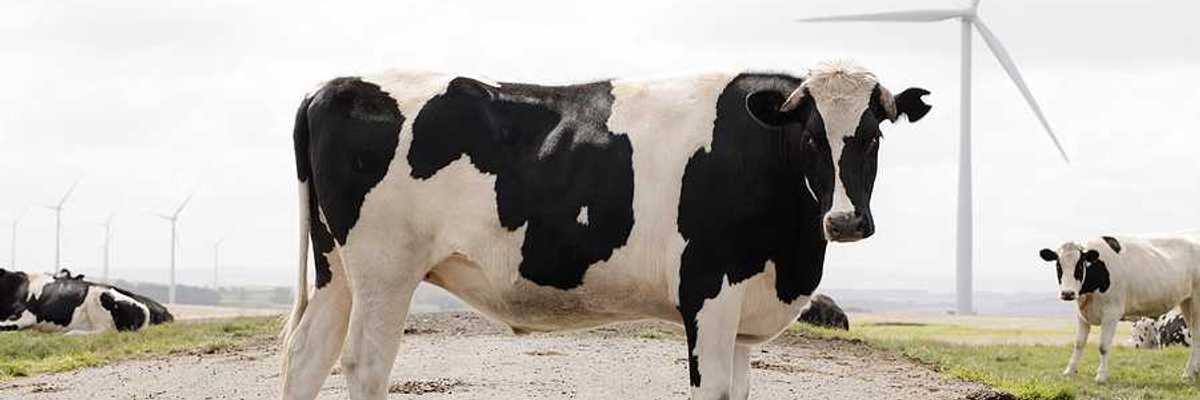business
An oil refinery defined life in this quaint California city. What happens when it’s gone?
Claims that AI can help fix climate dismissed as greenwashing
Industry using ‘diversionary’ tactics, says analyst, as energy-hungry complex functions such as video generation and deep research proliferate.
Economic growth is still heating the planet. Is there any way out?
‘Shameful’: Trump’s EPA accused of prioritizing big business over public health
A year into Trump’s second term, critics say the EPA is rolling back dozens of protections and giving a leg up to polluters.
Half of world’s CO2 emissions come from just 32 fossil fuel firms, study shows
Critics accuse leading firms of sabotaging climate action but say data increasingly being used to hold them to account.
Inter-American court reviews corporate roles in climate change crises
A pivotal hearing at the Inter-American Court of Human Rights examines whether businesses can be held legally accountable for climate change impacts on human rights.
In short:
- Legal and activist communities at the Inter-American Court urge businesses to prevent climate change-related human rights violations.
- Key arguments emphasize the disproportionate impact of climate change on vulnerable populations in Latin America and the Caribbean.
- Legal experts advocate for stringent regulations on industries to uphold human rights amidst escalating climate threats.
Key quote:
“It’s not possible to guarantee human rights without combating climate change. And it’s not possible to combat climate change without regulating business conduct ... ”
— Nikki Reisch, director of climate and energy at the Center for International Environmental Law
Why this matters:
Businesses, particularly in industries like manufacturing, energy, and agriculture, have been significant contributors to carbon emissions and environmental changes that affect basic human needs—access to clean water, safe housing, and secure food sources.
If businesses can be held liable for harming the climate, then it could lead to new standards of corporate behavior, forcing companies to reconsider their environmental policies and practices.
Shell scales back its climate goals amid business growth
In a strategic pivot, Shell aims for a modest reduction in emissions by 2030, facing criticism for prioritizing expansion over environmental commitments.
Jillian Ambrose reports for The Guardian.
In short:
- Shell adjusts its carbon emissions reduction target to 15-20% by 2030, down from an initial 20%.
- The company plans to expand its liquified natural gas operations and maintain current oil production levels.
- Critics denounce the move as a step back for climate action, highlighting Shell's focus on profit over planet health.
Key quote:
This "retrograde step" shows once again that Shell has "no interest in acting for the climate."
— Agathe Masson, campaign group Reclaim Finance
Why this matters:
Shell's decision reflects a broader tension in the energy sector between economic growth and environmental stewardship. With the climate crisis looming, the strategies of major energy firms have significant implications for global efforts to combat climate change, affecting health and sustainability initiatives worldwide.














